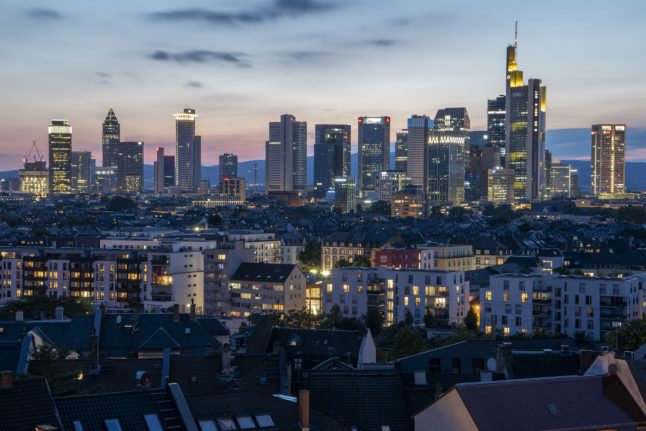*CLICK HERE for the result and report from Thursday's stage 12
Stage 12 of the Tour de France on Thursday sees the peloton take a 218km course from Fougères to the town of Tours through Loire Valley country.
With the route relatively flat however, the winner is likely to be decided in the last 200 metres with sprinters expected to battle it out for top spot.
So far, Germany's Marcel Kittel holds the bragging rights after a second win of the 100th edition, the only sprinter to do so, on Tuesday that was marked by his Argos teammate Tom Veelers falling victim to sprint rival Mark Cavendish.
Omega-Pharma's Cavendish barged into the Dutchman on his way to the finish line and was lucky to escape punishment from race officials.
That incident, and the fact Cavendish was victim to an angry fan who threw urine at him during Wednesday's time trial, makes stage 12 one not to be missed for fans of hectic bunch or group finishes.
Starting in the Breton town of Fougeres for the first time, the Tour peloton will roll over slightly undulating terrain at the start before heading towards a virtually pancake-flat finish in Tours, which has hosted several sprint finishes in the race.
With a number of riders and teams, including the hosts, still looking for their first stage win a breakaway is likely to form early and be allowed to build a comfortable lead on the main bunch.
However the sprinters and their teams are unlikely to give them too much freedom before collaborating in the chase in a bid to reel them in before the finale.
Cavendish, who had won 23 stages on the race before this edition, has won one only so far and will be looking to make amends, especially after finishing third as the crash drama unfolded in Saint Malo on Tuesday.
Watch this expert video preview of today's stage, by Global Cycling Network




 Please whitelist us to continue reading.
Please whitelist us to continue reading.
Member comments